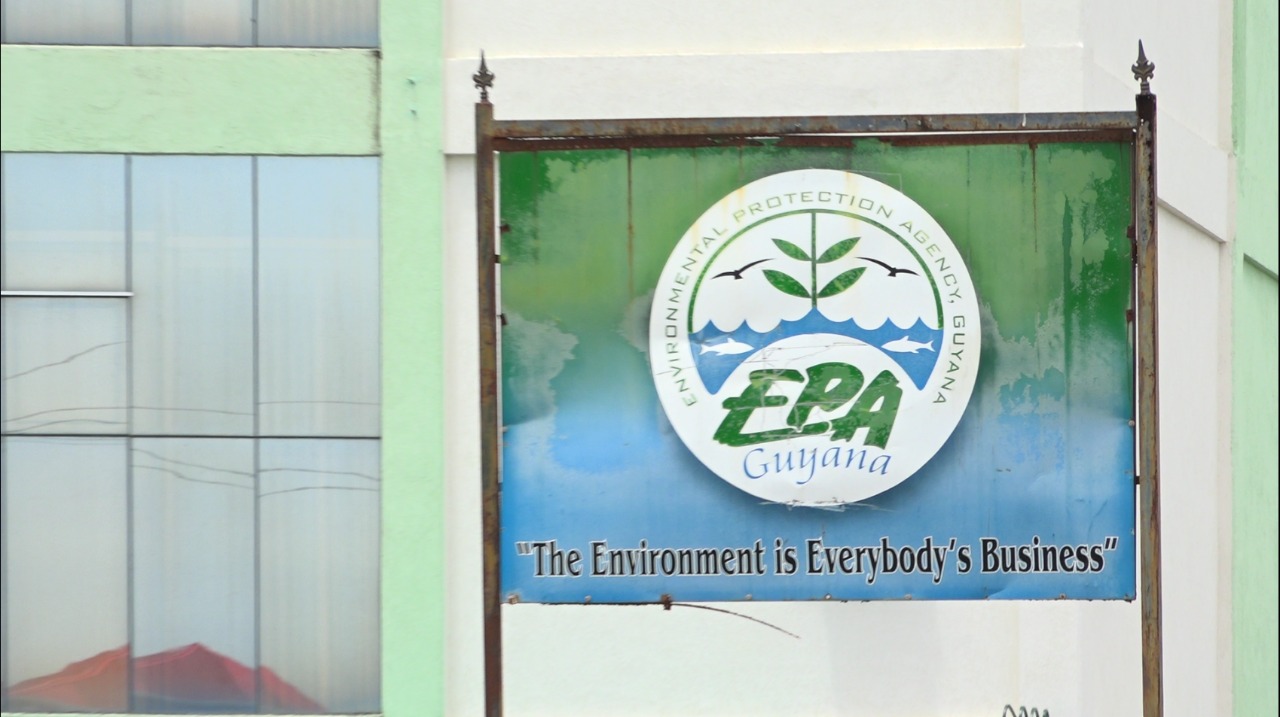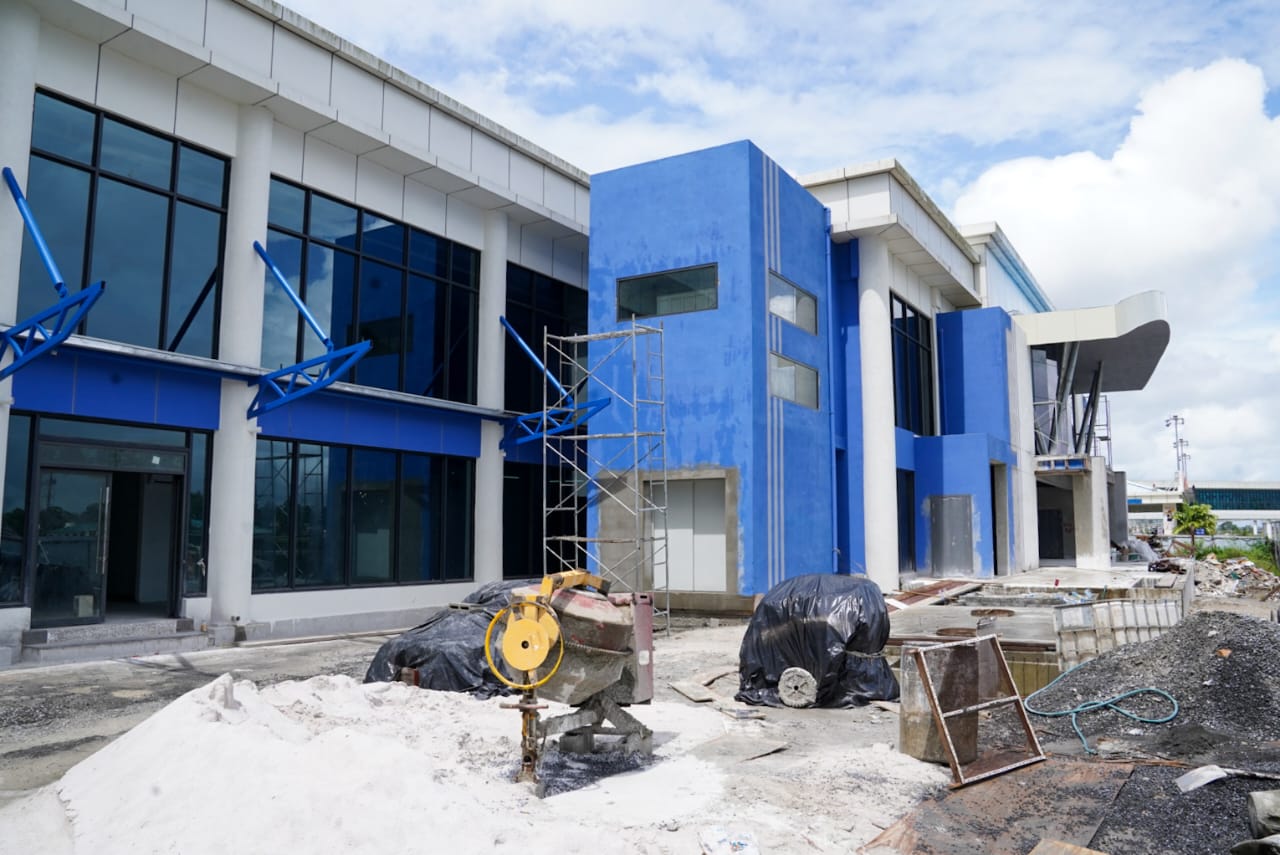

See full statement from the Environmental Protection Agency (EPA):
The Environmental Protection Agency (EPA) has concluded investigations into the recent seepage of a substance from the ground at Crane, West Coast Demerara. The seepage resulted in strange odors, health-related concerns, and damaged floor tiles in some homes being reported by residents in the area.
Executive Director of the EPA Kemraj Parsram thanked residents for their patience and cooperation throughout the period of the investigations. As part of the process, Mr. Parsram and various teams from the EPA conducted several visits to the areas where the seepage of the substance was reported.
The EPA’s Executive Director also expressed appreciation to all Government ministries and departments, the University of Guyana (UG) and other local agencies which assisted with various aspects of the investigations.
“Our investigations, which were conducted between October 8 and November 19, 2024, involved a comprehensive scientific analysis, including laboratory testing of the substance collected from the tiles, air quality assessment, soil analysis, and surveys of the community, to determine the extent of the occurrence,” said Mr. Parsram.
At the end of the entire process, which included both laboratory and field testing, the EPA concluded that there are neither health nor environmental risks evident in the substance which was collected.
These conclusions were based upon the following:
1. The substance collected from tiles is not hydrocarbon based.
2. Toxic gases and radiation beyond background levels are not present in the homes where the substance was discovered, collected and tested.
3. Surveys of the community and homes revealed that the damage to ground tiles is not widespread. However, a few other households that reported seeing damaged tiles, including a temple in Crane, indicated that this seepage has been occurring several years now and prior to the COVID-19 pandemic.
The EPA has also confirmed that there have been no additional reported instances of continued odors.
Expert advice provided to the EPA by other local agencies attributed the damages seen on the tiles to efflorescence. Efflorescence is a natural occurrence, resulting from soluble salts in construction materials rising to the surface due to moisture.
Observations also revealed that structural anomalies, including the absence of the use of Damp Proof Membrane (moisture proofing) and substandard installation techniques, also contributed to the problem.
Mr. Parsram however explained that, while the EPA’s role in this matter is now complete, he encouraged residents to reach out to the Agency, if necessary, as well as to take further action by engaging professional construction and engineering services for remediation. Residents are also free to pursue independent investigations, if so desired.
“We thank you for bringing this matter to our attention and remain committed to ensuring the well-being of all residents and the environment,” added Mr. Parsram.
Related News

Golden Generation Programme launched

CWI launches innovative training program in Tasmania

Govt seeking contractor to complete Admin Building at CJIA



